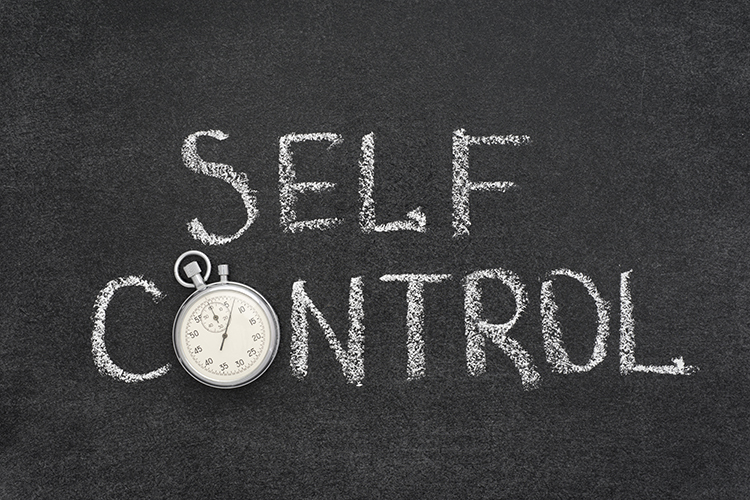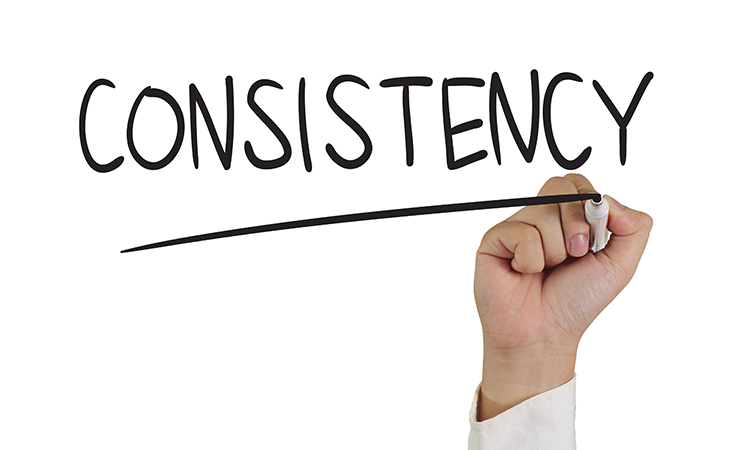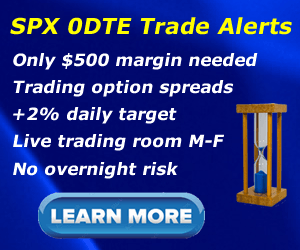
There are two words often used to describe a successful trader; consistency and self-control. A successful trader makes consistent profits.
What exactly are the components of a successful trader?
Using the equity curve as a measure of success, often those less experienced traders will see their equity curve go up and down, but mostly down. The curve may be jagged, showing extreme peaks and valleys. On the other hand, an experienced and more mature trader has a smooth, rising equity curve. That does not mean, however, that an experienced trader never has rough patches. Even the best traders have periods where their equity curve is not as smooth as normal. But when that happens, they don't allow their emotions to interfere with their trading. They don't impulsively abandon their trading plan, panic at the most inopportune moment, creating numerous mistakes in trade management.
The more you can trade consistently, and with self-control, the more profits you will realize over time.
How do you trade more consistently?
One of the first steps is to develop a clearly defined trading plan and stick with the plan. Self-control means that you learn to follow your trading plan consistently, for each and every trade.
Veteran traders may have the experience to know when it may be beneficial to veer off the path outlined in their trade plan. But a beginner trader usually does not have the experience or intuition to trade outside their trade plan. New traders should have clearly defined risk management, entry plans, adjustments, and exit parameters, and must follow them explicitly.
In the ideal situation, a trader's objective is to trade with total self-control, reacting effortlessly over and over again. What can happen to some novice traders is that their emotions take over at critical moments of trading. This may cause the loss of control. Losing control can cause a trader to enter at the wrong time by being over-anxious, or prematurely adjusting a trade outside of their trade plan.
It is important to do your best to control your emotions at all times when trading. For some traders, a solution to controlling emotions while trading may be as extreme as sitting on the sidelines for a trade cycle. For other traders, it may mean physical exercise on a regular basis, or relaxation techniques to remain calm while trading. Perhaps the best method of controlling emotion is risk management. If you are confident in your trading and manage risk according to your trade plan, you won't be as likely to let emotions take over your trading decisions.
How can you trade with more self-control?
As stated before, controlling your risk is a key component to being a consistently profitable trader. Do not risk more than you can afford to lose.
Probably the most important consideration on maximizing self-control is to not trade beyond your skill level. If you stick with what you know best, you will be able to build your trading skills and confidence. More experienced traders know that they have a few tools to pull out of their toolbox when market conditions warrant deviating from their original trade plan. Such tools could include a hedge of some sort such as a long call or put, debit spread, etc. A beginner trader, however, must practice trading conservatively with each and every trade, until they build up their skill level. With the risk of being redundant, I'll say again that the best way of building up your skills as a trader is to develop a trading plan, and follow the plan. By following your plan consistently, practicing discipline, risk management, and self-control at all times, you will improve your ability to become a successful trader.
Are you a trader looking for an education in options education? Go to http://www.capitaldiscussions.com. They have a wide variety of programs including mentoring, trading advisories, trading groups, and veteran traders willing to share their trade techniques. When you surround yourself with consistently profitable traders, your own trading can improve.


